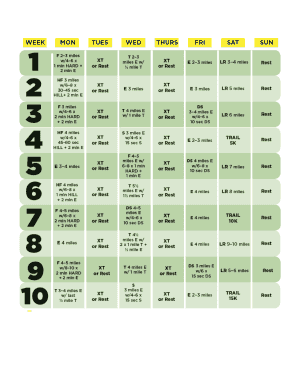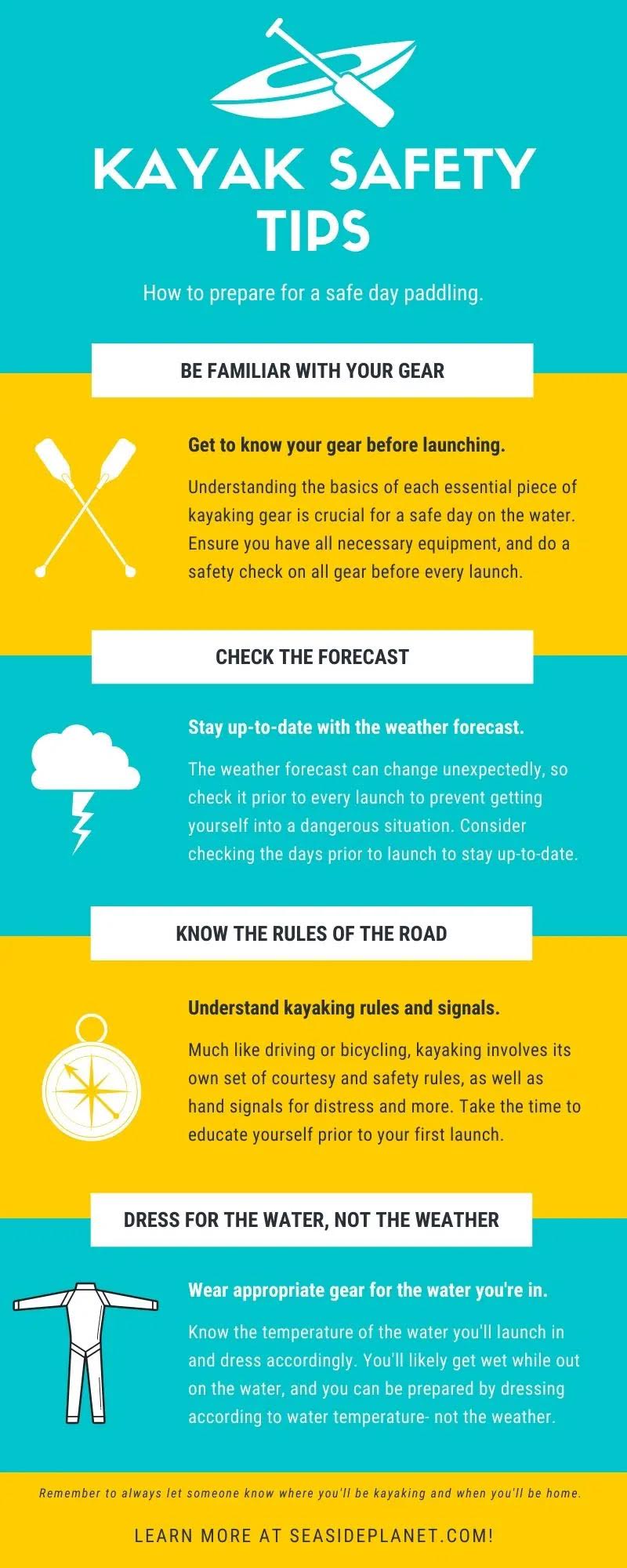
Triathlon Nutrition Plan: Fueling Your Body for Peak Performance
Triathlons are grueling endurance events that demand peak physical and mental performance. Success hinges not only on rigorous training but also on a meticulously planned nutrition strategy. A well-structured triathlon nutrition plan fuels your body efficiently during training and provides the necessary energy stores for race day. This comprehensive guide outlines the key aspects of triathlon nutrition, covering everything from macronutrient balance to hydration and race-day fueling.
Understanding Macronutrient Needs
The foundation of any effective triathlon nutrition plan lies in understanding your macronutrient requirements – carbohydrates, proteins, and fats. These provide the energy and building blocks your body needs to perform optimally.
-
Carbohydrates: Your primary energy source, carbohydrates should constitute the largest portion of your daily intake, especially during high-intensity training periods. Opt for complex carbohydrates like whole grains, fruits, vegetables, and legumes, which provide sustained energy release and fiber for digestive health. Avoid simple sugars that lead to energy crashes. Carbohydrate loading strategies, involving increased carbohydrate intake in the days leading up to a race, are essential for maximizing glycogen stores in muscles and liver.
-
Proteins: Essential for muscle repair and growth, proteins should be included in every meal and snack. Lean protein sources like chicken, fish, tofu, beans, and lentils are ideal. Protein intake should be slightly higher on rest days to support muscle recovery. Aim for a balanced distribution of protein throughout the day, rather than consuming large amounts in a single sitting.
-
Fats: Despite their high caloric density, healthy fats play a vital role in hormone production, cell function, and nutrient absorption. Include sources like avocados, nuts, seeds, olive oil, and fatty fish in your diet. These provide sustained energy, support immune function, and promote overall health.
Hydration: The Often-Overlooked Key
Maintaining adequate hydration is crucial, particularly during training and competition. Dehydration significantly impairs performance and can lead to fatigue, muscle cramps, and heatstroke. Aim to drink consistently throughout the day, not just when thirsty. Monitor urine color – pale yellow indicates adequate hydration, while dark yellow signals dehydration.
During training sessions and races, you’ll need to replenish fluids and electrolytes lost through sweat. Sports drinks can be beneficial, providing carbohydrates and electrolytes, but water remains the most important hydration source. The amount of fluid you need will depend on factors such as intensity, duration, climate, and individual sweat rate. Consider experimenting with different hydration strategies during training to find what works best for your body.
Race-Day Nutrition: A Carefully Orchestrated Plan
Race-day nutrition is crucial for sustaining energy levels and preventing bonking (hitting the wall). Your strategy should be tailored to the specific demands of your race, taking into account its distance and intensity.
-
Pre-Race Meal: The pre-race meal should be light, easily digestible, and provide readily available carbohydrates for energy. A good option might be oatmeal with berries and a small amount of nuts, or a toast with avocado and a banana. Avoid anything new or that has caused digestive issues in the past. Consume this meal 2-3 hours before the start.
-
During the Race: During longer events, you need to replenish energy and fluids regularly. Consume easily digestible carbohydrates and electrolytes to maintain blood sugar levels. Gels, chews, sports drinks, and even bananas can be effective fuel sources. Experiment with different options during training to determine which work best for you. Remember to drink consistently to avoid dehydration.
-
Post-Race Nutrition: Replenishing glycogen stores and initiating muscle recovery is critical after a triathlon. Consume a combination of carbohydrates and protein within 30-60 minutes of finishing. A recovery shake with protein powder and carbohydrates, or a meal containing lean protein and whole grains, is ideal.
Nutritional Timing: Maximizing Energy Availability
Strategic timing of nutrient intake is essential for optimal performance.
-
Pre-Workout: Consume a carbohydrate-rich meal or snack 1-3 hours before training or competition to provide readily available energy.
-
During Workout: For workouts lasting longer than 60-90 minutes, consume carbohydrates and fluids regularly to maintain energy levels.
-
Post-Workout: Within 30-60 minutes of completing your workout, consume a combination of carbohydrates and protein to replenish glycogen stores and promote muscle repair.
Supplementation: A Cautious Approach
While a well-balanced diet should provide most of the nutrients you need, some athletes may consider supplements to address specific deficiencies or enhance performance. However, it’s crucial to consult with a registered dietitian or sports nutritionist before taking any supplements. Some commonly used supplements include creatine, caffeine, and beta-alanine, but their effectiveness varies depending on individual needs and training intensity. Always prioritize a whole-foods based diet before resorting to supplements.
Individual Needs and Personalization:
It’s crucial to remember that nutrition needs are highly individual. Factors such as age, gender, body composition, training volume, and race distance significantly influence macronutrient requirements. Working with a registered dietitian or sports nutritionist can provide personalized guidance and ensure your nutrition plan aligns with your specific goals and physiological demands. They can help you develop a tailored plan that optimizes your performance and overall health.
Conclusion:
A well-structured triathlon nutrition plan is the cornerstone of successful performance. By focusing on a balanced intake of carbohydrates, proteins, and fats, maintaining adequate hydration, and employing strategic fueling strategies for training and race day, you can optimize your energy levels, enhance recovery, and achieve your triathlon goals. Remember to listen to your body, adjust your plan as needed, and seek professional guidance to ensure your nutritional needs are met. The journey to triathlon success is as much about fueling your body as it is about training your muscles.



